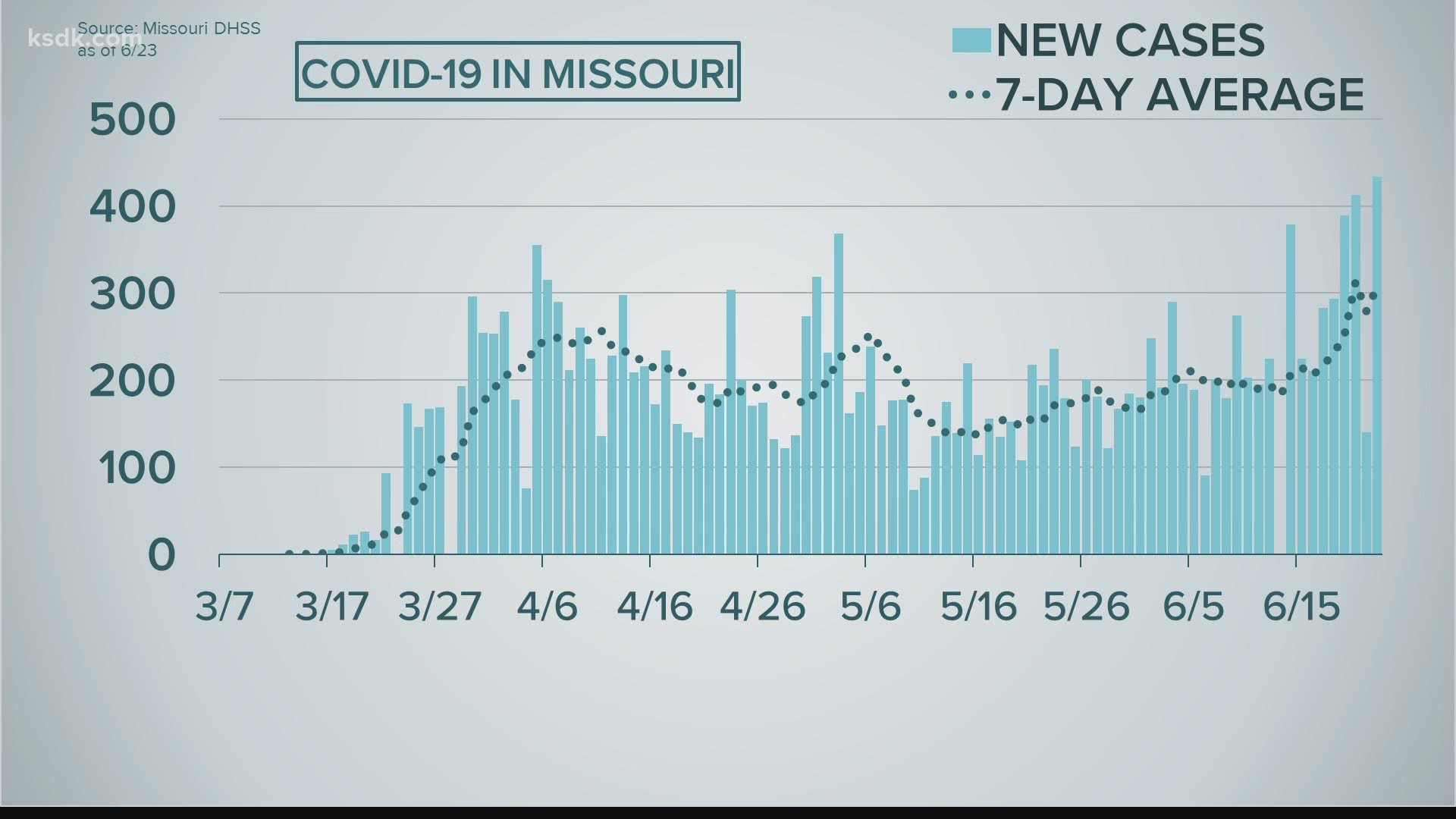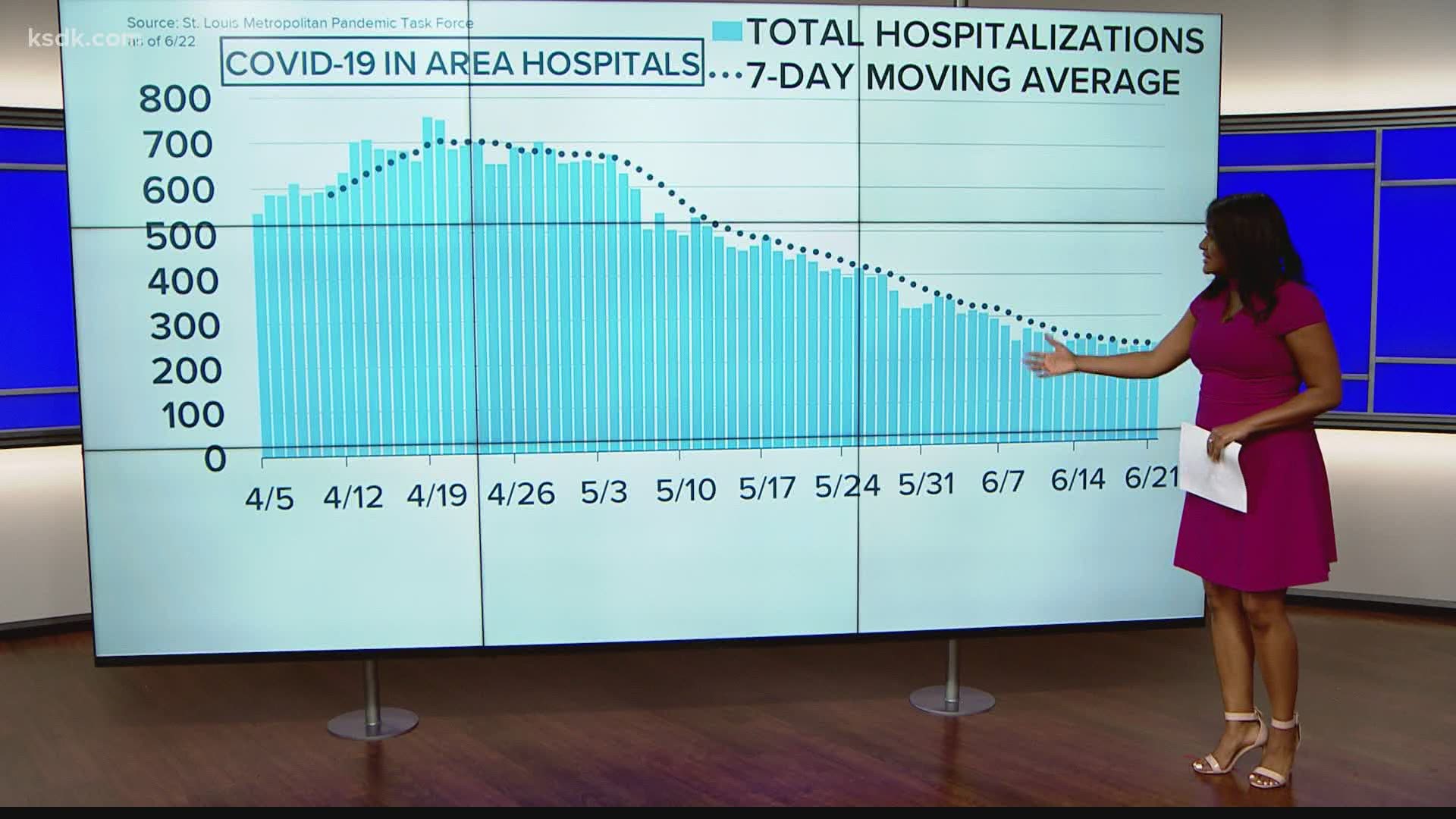COLUMBIA, Mo. — The Missouri health department, Department of Natural Resources and the University of Missouri - Columbia will look to an unlikely source to help monitor COVID-19 in the state: sewage.
With funding from a CDC grant, the groups will analyze the raw wastewater samples from around Missouri for look for indicators of the coronavirus. The Missouri Department of Health and Senior Services said the information gathered from the study will help understand of the coronavirus around the state and help monitor for any indication of reemergence in the state.
“Wastewater surveillance is a cost-effective, proactive effort to inform public health strategy and help mitigate disease spread,” said Chris Wieberg, director of DNR’s Water Protection Program. “We’ve had a tremendous interest and response from our partners in the wastewater treatment sector.”
The idea for the project came from studies in the Netherlands, Italy and elsewhere in the United States, where similar studies have shed more light on the virus in different areas.
A press release for the project said COVID-19 is shed in feces and can be detected in wastewater by testing for certain genetic markers.
The coronavirus is not the first disease to be tracked with a program like this. It proved useful in tracking polio and norovirus in the past.
Samples will be sent to the Life Sciences Center at the University of Missouri, where a team of professors and researchers will analyze them. The team hopes to be able to analyze up to 80 samples per week starting in July.
“Our laboratory is equipped with state-of-the-art analytical instruments and methods,” said Professor Chung-Ho Lin, “with the ability to detect and quantify down to low concentrations of the virus. It is certainly cutting-edge research directed at protecting the health and well-being of Missourians.”


